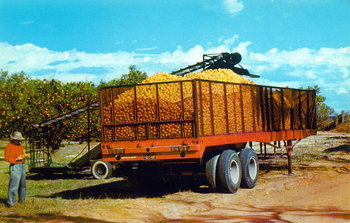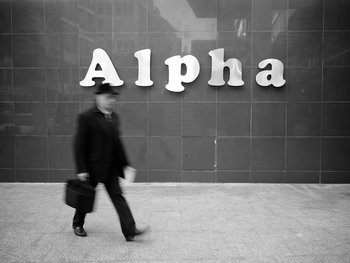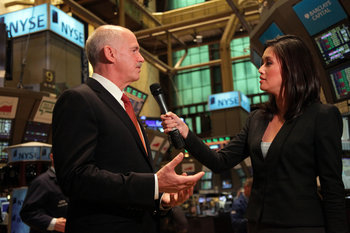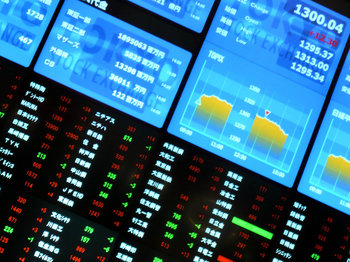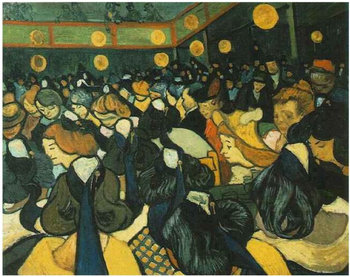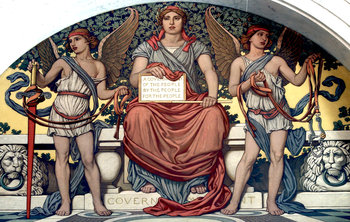|
| |
Adverse selection is an inefficient market caused by a lack of symmetrical information between buyers and sellers. A common example is the tendency for someone who is at high risk to be more likely to buy insurance. If you take a lot of risks driving, you might be more likely to buy extensive insurance coverage. You have far more information about your driving habits and abilities than the insurance company who can only see things such as your accident history.Adverse selection can also apply to a seller who has superior information. For example, sellers may understand the quality differences between used cars better than customers. In such a situation, customers will buy mostly on price and sellers will have little incentive to purchase quality stock. The quality of used cars will tend to fall.In industries such as insurance, adverse selection is carefully modeled and accounted for in prices and policies.
|
Type | | Definition | An inefficient market caused by a lack of symmetrical information between buyers and sellers. | Examples | Customers at high risk may purchase more insurance.Customers who can eat a great deal may prefer all-you-can-eat buffets.Sellers who know they have a low quality product may be willing to go lower on price. If customers can't see the quality difference, they will purchase based on price alone. This generally results in a downward spiral in quality. | Related Concepts | |
Economics
This is the complete list of articles we have written about economics.
If you enjoyed this page, please consider bookmarking Simplicable.
© 2010-2023 Simplicable. All Rights Reserved. Reproduction of materials found on this site, in any form, without explicit permission is prohibited.
View credits & copyrights or citation information for this page.
|











